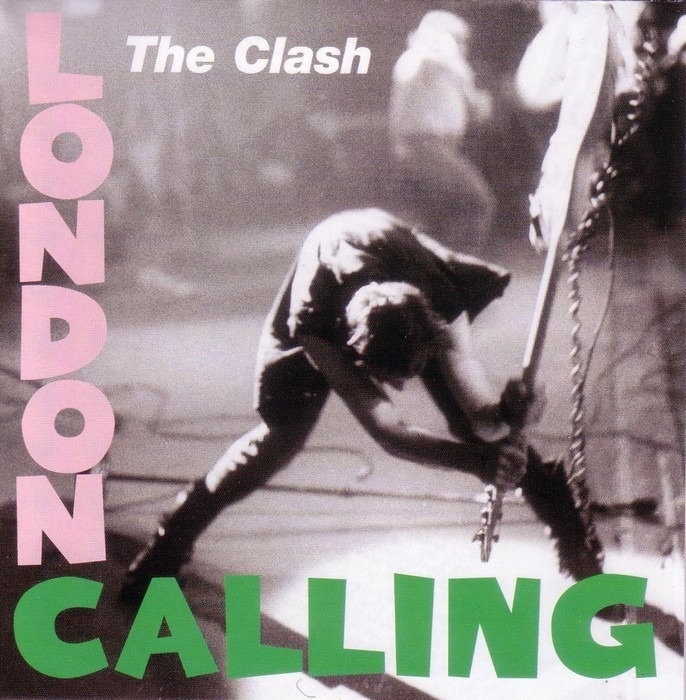A Soundtrack of Change: The interplay between politics and the musical world
Amidst the downpour of the tumultuous British climate, on the 22nd May, Prime Minister Rishi Sunak announced the calling of a snap General Election. His words, whilst marred by the sodden atmosphere, were clear, the United Kingdom needs a political facelift. However, amongst this historic occasion in the political world, his words were stifled by the presence of protestors, stationed outside Downing Street with a boombox in hand. The music playing was D: Ream’s 1993 smash hit, ‘Things Can Only Get Better’, notably the song which soundtracked Tony Blair’s ascension to power through the rise of New Labour in 1997. Now, D: Ream’s over 30-year-old hit is surging up the charts, a symbol of the power of music in the political world. In the words of the late Nelson Mandela, ‘politics can be strengthened by music, but music has a potency that defies politics’, a punchy phrase considering the nature of music in the modern day.
Music holds an affinity to the spreading of political messages, especially in the United Kingdom and Ireland
Music holds an affinity to the spreading of political messages, especially in the United Kingdom and Ireland. Arguably, this story originates in the growing punk movement in the bustling London town. An icon of politics and music fusion is the punk band, The Clash, with the chaos of rock and roll envisaging the “war of class and aesthetics”. Released in 1979, The Clash’s smash-hit, ‘London Calling’, paired with the B-Side titled ‘Armagideon Time’, provided reference to a time of political doom, using the BBC World Service opening line “This is London calling…” as a metaphorical reference to the political bleakness surrounding Cold War Europe. The Clash’s guitarist and lyricist, Mick Jones, stated that they wanted to bring “the urgency of a news report”, becoming a signal of the band’s iconic status and future appreciation.
A personal favourite, and a beacon for politics in Ireland, is the prevalence of the late female pioneer, Sinead O’Connor. O’Connor’s music was pure politics, with her “fearless activism” pioneering against so many issues facing the modern world. . Her hit tune, ‘Nothing Compares 2 U’, as regarded by Patterson, is a “beautifully constructed and impressionistic story” of O’Connor’s career, presented in the back-drop of religious oppression of the Catholic Church. O’Connor’s measures culminated in her banning from the American late-night show, Saturday Night Live, which saw her in 1992 ripping up a photograph of Pope John Paul II and singing the word ‘evil’. Whilst provocative and controversial, O’Connor utilised her esteemed career as an outlet for her personal beliefs, maintaining her stoicism up until her death in July 2023.
While only just entering his thirties, Fender joins the iconic list of Northern singers who add to the narrative of Northern struggles
Moving into the firm grasp of the modern day, this sentiment still remains. I have to lend my appreciation to the northern legend Sam Fender, being from the same hometown as myself. Fender’s movement is an eponymous insight into the North-South divide, and what that entails in the remnants of the working-class North East. His work accounts for his desire for change in the Tory-dominated world, including an interview with Fender entitled with the quote “Leftie is now a slur in working-class towns”. While only just entering his thirties, Fender joins the iconic list of Northern singers who add to the narrative of Northern struggles.
A similar impact has been presented by the “grime trailblazer” Stormzy, whose calling out for an end to austerity amid the 2019 General Election saw him become a pioneer for equal education, launching a campaign in 2018 to introduce more black students into the University of Cambridge. We all remember his explicit lyrics directed at ex-Prime Minister, Boris Johnson, in his smash-hit ‘Vossi Bop’, and his strident call for change is forever catchy.
The politics in music will forever be defiant and pioneering. Its history is incredibly powerful and thought-provoking. The future of the July General Election brings hope that similar smash-hits will be utilised, or introduced into the music scene. I hope that artists of the future will use their prowess and status to start newfound conversations on the nature of society today.

Comments